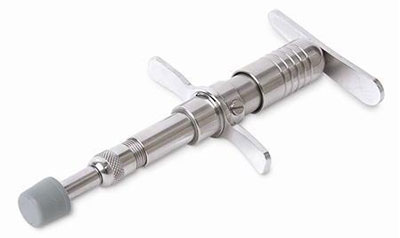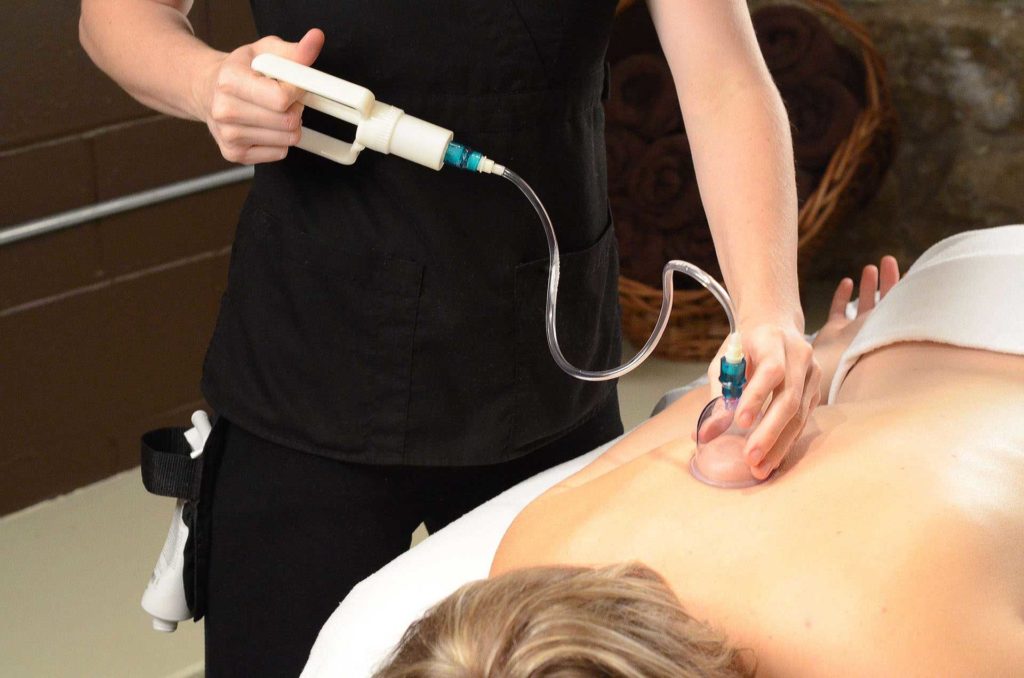
Chiropractic
What is a Chiropractor?
Doctors of Chiropractic are spine, muscle, joint and nervous system experts. They are trained to diagnose and treat patients to alleviate long-term or sporadic pain, promote health and help you live your best life. In Ontario, you can visit a chiropractor without a referral from a doctor or other health care professional.
Call 613.475.3561 now, or
Find us on social media
Benefits of Chiropractic Care
- Improved movement in your neck, shoulders, back and torso
- Better posture
- Relief from headaches, neck and back pain
- Prevention of work-related muscle and joint injuries
- Enhanced athletic performance
- Improved flexibility
- Relief of pregnancy-related backache
- Correction of gait and foot problems
Some of the conditions chiropractors treat include:
- Back pain
- Neck pain, Whiplash and Headaches
- TMJ problems
- Shoulder, hip and knee problems
- Sprains and Strains
- Sports injuries
- Pain associated with arthritis
- Fibromyalgia
- Motor Vehicle Accident Injuries
Chiropractic Treatments
After an initial appointment to assess your condition, your chiropractor will use their clinical expertise and the best available evidence to make a diagnosis and recommend treatment options for you.
Chiropractors use various treatments, depending on their patient’s specific needs and preferences.
Common treatments include:
- Manual, ‘hands-on’ therapy
- Soft tissue therapy
- Shockwave Therapy
- Customized, therapeutic exercise programs
- Self-management tools and techniques (like positions for relief or coping strategies for pain)
- Advice and education
Manual Manipulation
One of the most frequent treatments a chiropractor uses is manual manipulation of the vertebrae of your spine or other joints, which is called an ‘adjustment.’ To perform an adjustment, your chiropractor will use their hands to apply controlled force to your joint and guide it through a range of motion. This action restores your joint’s natural movement and improves its function.
When applied to your spine, this treatment is called spinal manipulation therapy (SMT). Manipulation can also used on other joints, such as those in your wrist, ankle or foot.

Activator - Instrument Adjusting
The Activator is an alternative to the traditional manual Chiropractic Techniques and is generally regarded as a softer treatment option. The activator is a small handheld spring-loaded instrument which delivers a small impulse to the spine and joints while the patient is in a stationary position.
Request your appointment now!
If you require emergency care, or need to cancel or reschedule already booked appointment, please call the office at 613.475.3561.
Myofascial Release Technique
Myofascial release techniques such as Active Release Technique is similar to deep tissue massage techniques. Myofascial release is an effective approach in treating soft tissue injuries and resulting pain. Therapists use this movement-based soft tissue technique to treat problems with nerves, fascia, ligaments and tendons and can help with adhesions that result when scar tissue is formed.
Acupuncture
Acupuncture involves the insertion of very thin needles through your skin at strategic points on your body. A key component of traditional Chinese medicine, acupuncture is most commonly used to treat pain.
Traditional Chinese medicine explains acupuncture as a technique for balancing the flow of energy or life force — known as chi or qi (chee) — believed to flow through pathways (meridians) in your body. By inserting needles into specific points along these meridians, acupuncture practitioners believe that your energy flow will re-balance.
In contrast, many Western practitioners view the acupuncture points as places to stimulate nerves, muscles and connective tissue. Some believe that this stimulation boosts your body’s natural painkillers.
What Conditions can be treated with Acupuncture?
- Headache and Migraine
- Low Back Pain
- Neck Pain
- Osteoarthritis
- Rheumatoid Arthritis
- Tennis or Golfers Elbow
- Sciatica
- Sprains or Strains
Cupping
Cupping is the term applied to a technique that uses small glass or plastic suction cups placed on the skin surface which can then be gently moved across the skin or left in place while the patient relaxes. This can provide relief for acute or chronic muscle pain and tension.
Cupping is much like the inverse of massage – rather than applying pressure to muscles, it uses gentle pressure to pull them upward. The suction and negative pressure provided by cupping can loosen muscles, encourage blood flow, and sedate the nervous system.

Request your appointment now!
If you require emergency care, or need to cancel or reschedule already booked appointment, please call the office at 613.475.3561.
